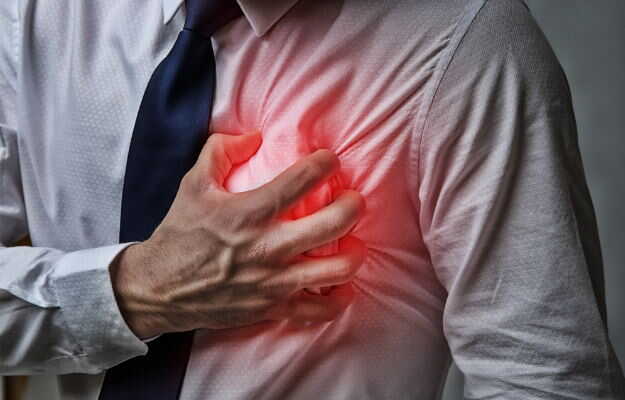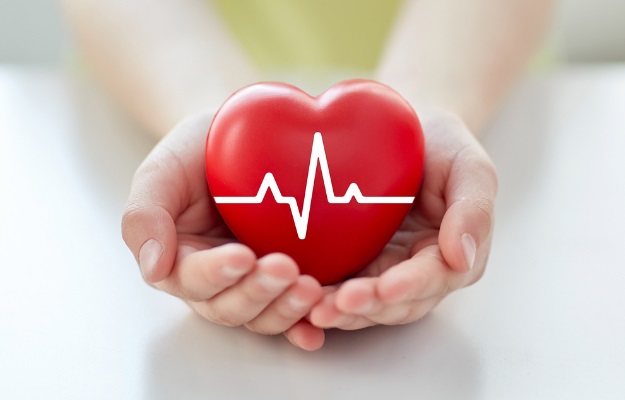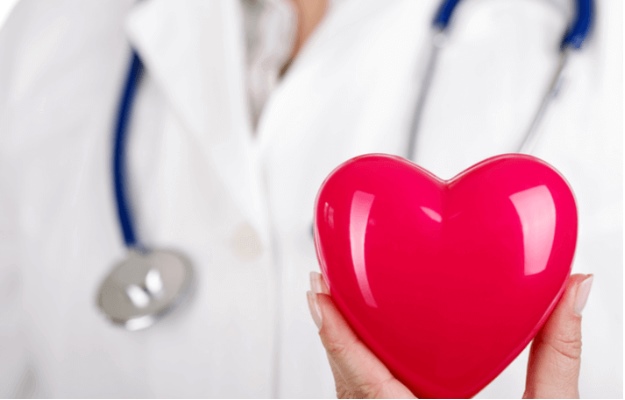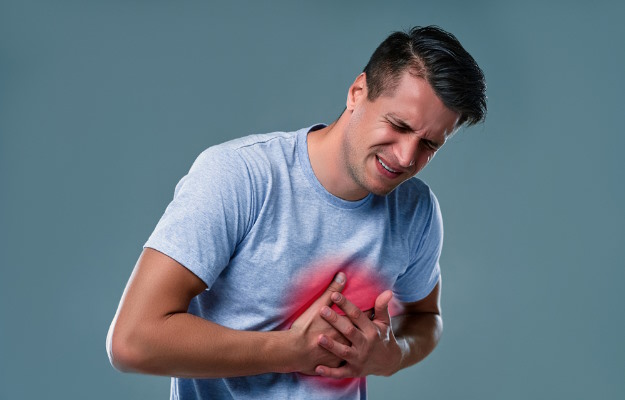In this busy lifestyle, no one often has time to pay attention to their health. Sometimes people start considering symptoms like mild hand pain, chest pain, sweating as muscle problems, gas, or the effect of changing weather. On the other hand, on the contrary, these symptoms can be Minor heart attacks or mild heart attacks. In such a situation, it is necessary to recognize these symptoms in time and overcome this situation.
To know the treatment for heart disease, please click on the link given here.
Today, in this special article, we will explain in detail the symptoms, causes, and treatment of minor heart attack or mild heart attack -
(Read More - What to Do or Not After Heart Attack)





























